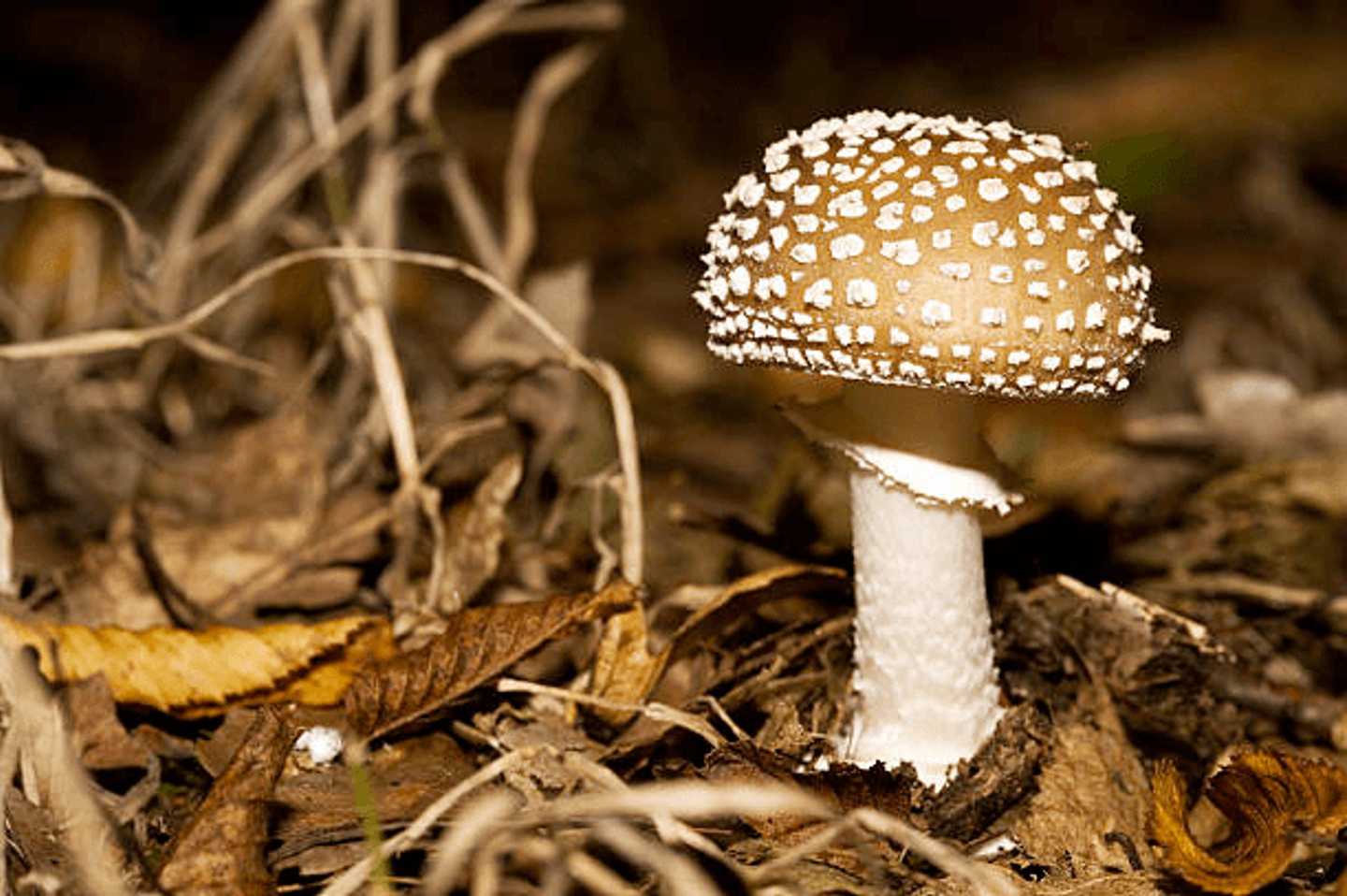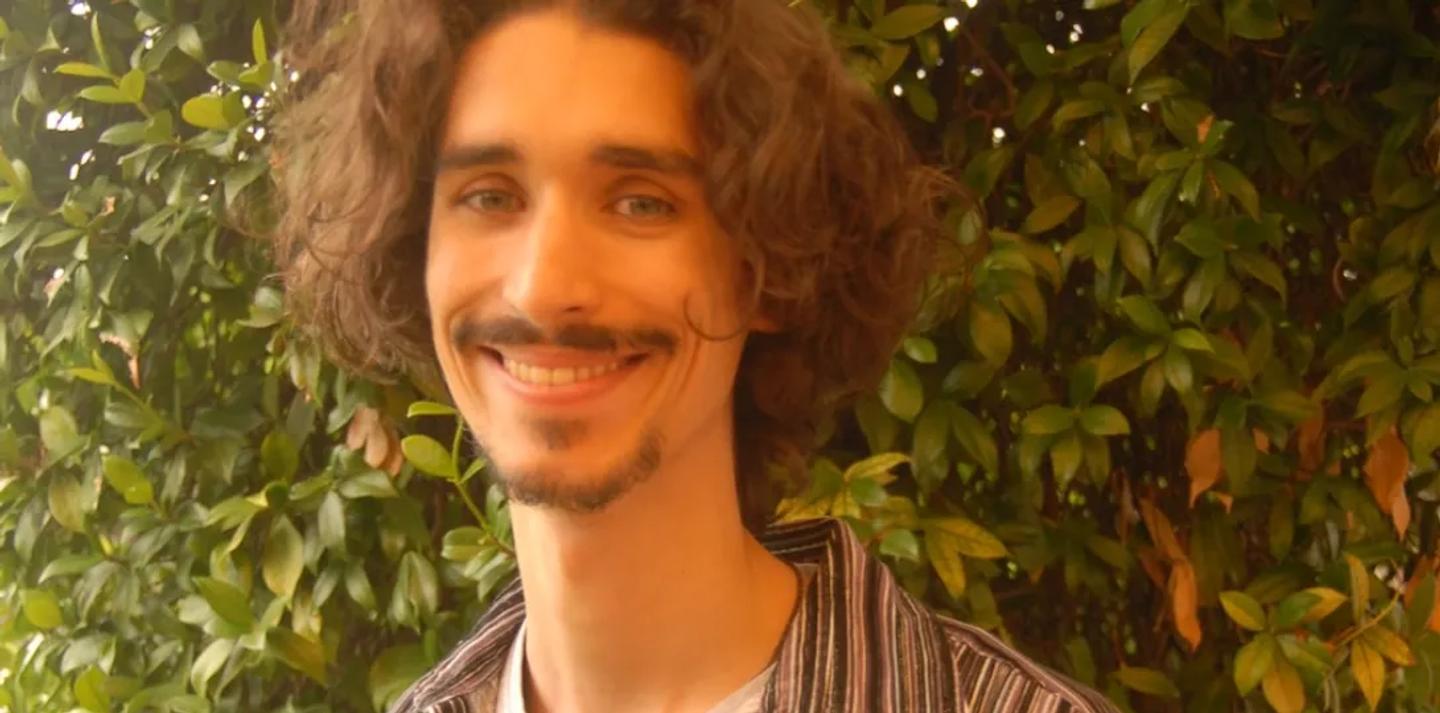

At first, this title might leave you scratching your head. “Wait, hold on, we are what?...” Yes, you read that right. Yet allow me a moment to unpack this bold and provocative statement. The statement was made during a groundbreaking lecture by Darren Le Baron, a renowned educator in Ethnomycology and Psychedelic Studies. As one of the speakers at this year's Alternative M.A. program, Le Baron delivered a talk that, for me, has been one of the most thought-provoking sessions of the course so far.
Le Baron’s lecture focused on psychedelics in Africa and began with a concise yet rich introduction to African mythology. He underscored its foundational role in shaping many of our origin stories, early forms of spirituality and religious practices. Historically, Africa is not only the birthplace of the first hominids[1] but also, as he argued, the cradle of early spiritual tradition, as well as the intricate relationship between humans and the plant and fungi kingdoms. As Le Baron emphasised, the connection between humans and plants in Africa spans millions of years and is deeply rooted in the continent’s cultural and mythological fabric. A particularly compelling fact is that many plants and fungi in African traditions share their names with gods and goddesses. This linguistic and symbolic entwinement reflects their sacred roles in helping humans interpret the world and their place within it.

One of the most captivating parts of Le Baron’s talk was his discussion of mushrooms as “the food of the gods.” In particular, he explored Amanita pantherina, a species revered in various ritual practices and, in some communities, even worshipped as a deity. Le Baron described how this potent fungus has played a central role in helping individuals uncover their life’s purpose, understand their roles in society, and serve as a gateway to other realms of perception. It does more than altere one’s state of mind—it provides an intimate, transformative connection to nature’s intricate webs and flows, fostering a profound sense of belonging within the natural world.
This ancient, organic “technology” bridges the gap between human consciousness and the intelligence of non-human beings. It aligns with ecologist Monica Gagliano’s concept of plant – and in this case, fungal – intelligence[2]. A. Pantherina is not merely a tool for exploration but a co-creator of wisdom, blurring the line between the human and more-than-human world and offering a perspective that transcends conventional understandings of existence.
Through Darren Le Baron’s insights, it became evident that African traditions encompass a profound reservoir of ecological and spiritual knowledge, as relevant today as it was millennia ago. His talk brought a fresh perspective to shamanic and psychedelic practices, often associated with South America, while highlighting their origins in Africa and their influence on spiritual traditions across the globe. By shedding light on this often-overlooked genesis, Le Baron challenged conventional narratives, emphasising Africa’s foundational role in shaping humanity’s relationship with nature and consciousness.

As if that weren’t enough to think about, the lecture served as a reminder of our deeply rooted connection to the Earth, a call to recognise the intricate interconnectedness of all life forms, and the fact that mushrooms are closer to humans than we think. It reminded us of the enduring power of ancient wisdom and the transformative potential of fungi to guide us toward lives that resonate more harmoniously with nature’s rhythms and flows.
This article is a contribution from one of the participants of The Gramounce Food & Art Alternative MA 2024-25. Their writing is inspired by one of our seminars, or responds to a similar field of interest within food & art.
_______
[1] Kaye E. Reed. Early hominid evolution and ecological change through the African Plio-Pleistocene, Journal of Human Evolution, Volume 32, Issues 2–3, 1997, Pages 289-322.
[2] Gagliano, Monica. Thus Spoke the Plant, North Atlantic Books, 2018.
João is a filmmaker, researcher, cultural programmer, and PhD student in Artistic Studies – Art and Mediations at NOVA FCSH in Lisbon.
Based in the small town of Azeitão, Portugal, amidst the mountain of Arrábida and the Sado River, he finds himself currently working on his doctoral thesis on Ecology in Portuguese Contemporary Cinema. He directed an award-winning short film and wrote award-winning short stories and poems, as well as several academic publications focused on cinema and ecology. His interests range from cinema and literature to ecology, and regenerative agriculture.
